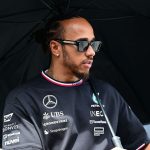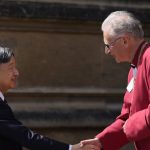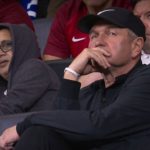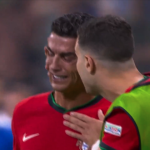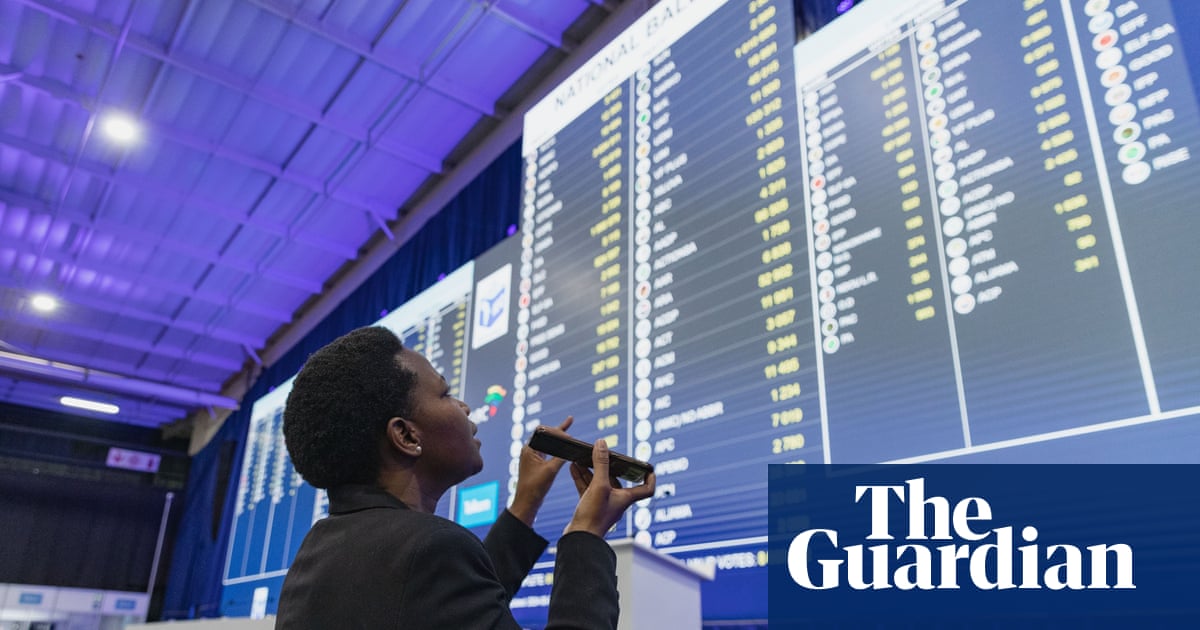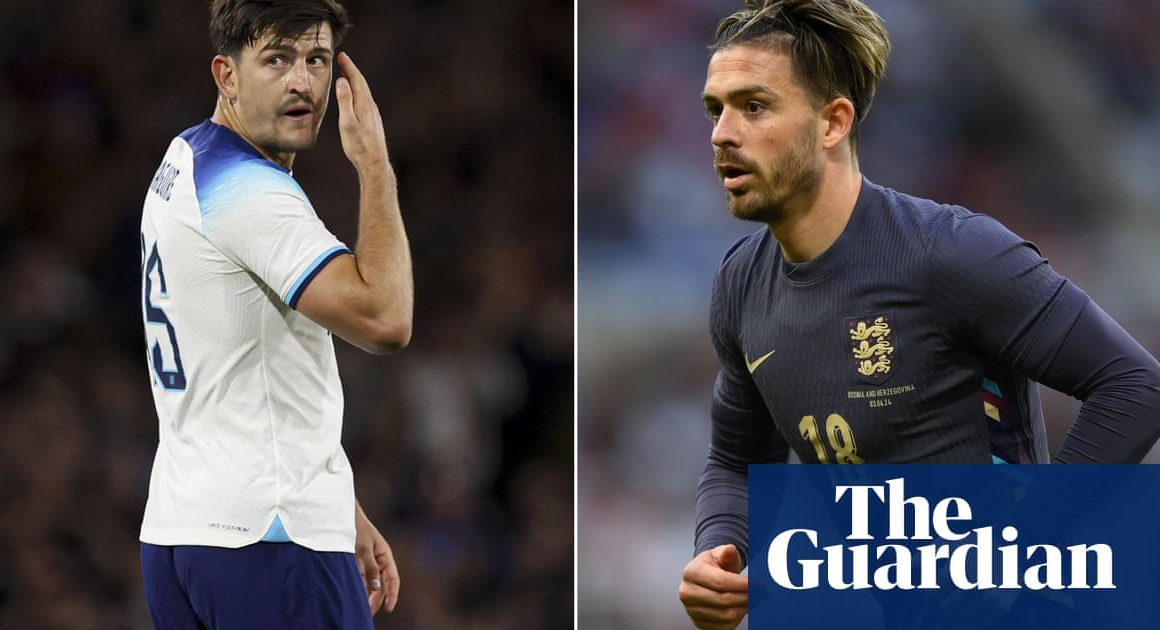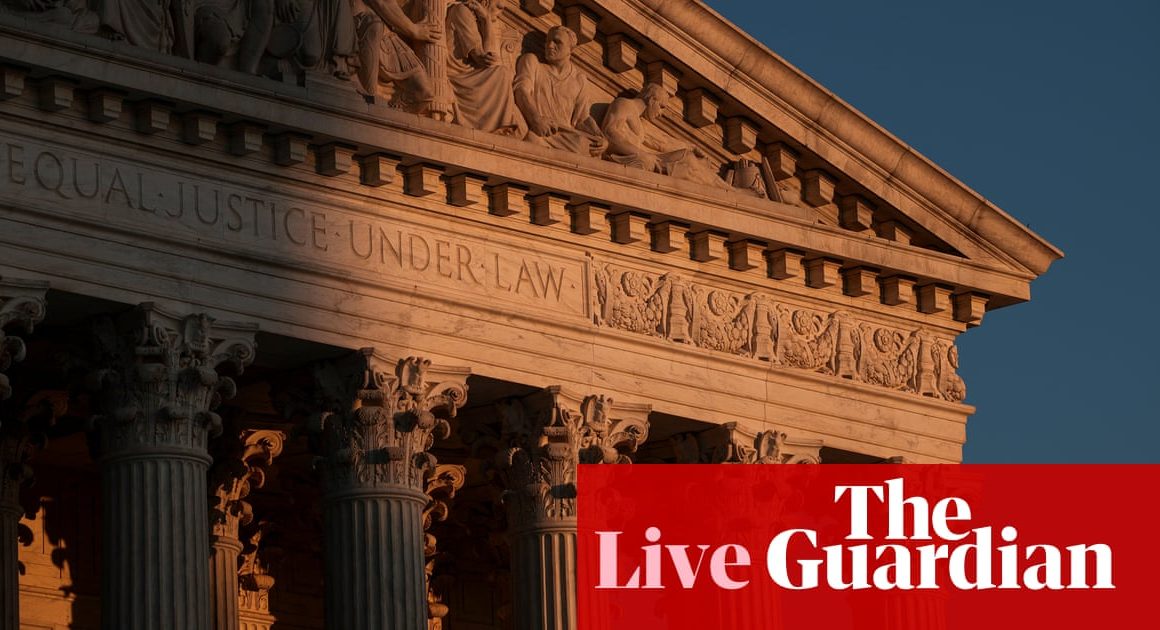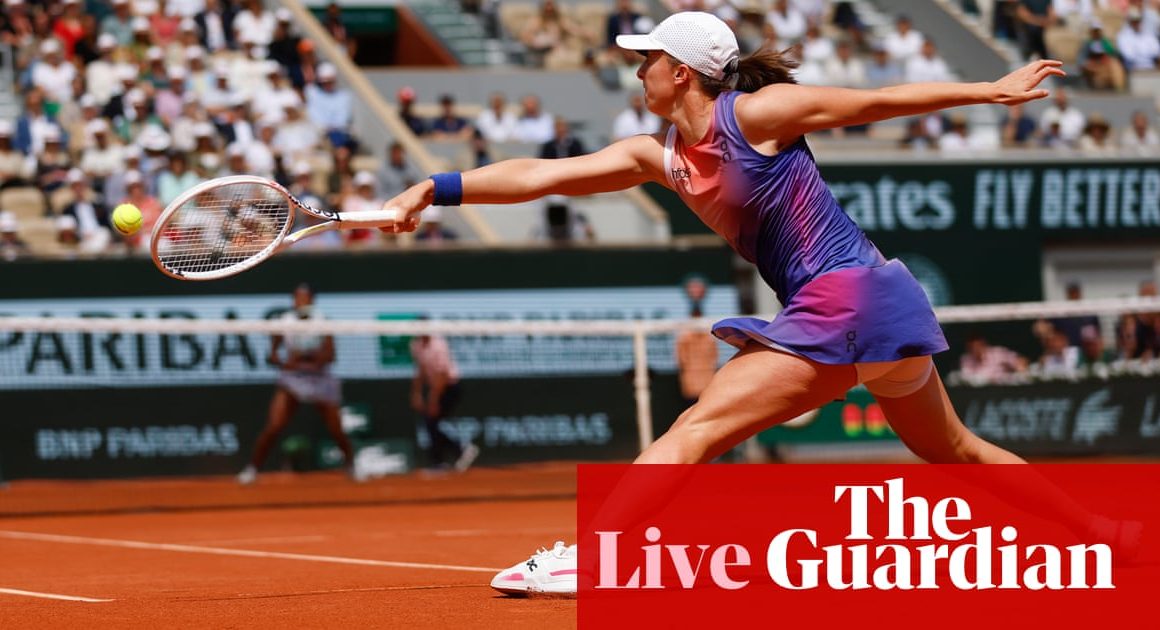The African National Congress (ANC) party has lost its parliamentary majority in a historic election result that puts South Africa on a new political path for the first time since the end of the apartheid system of white minority rule 30 years ago.
With more than 99% of votes counted, the once-dominant ANC had received just over 40% in Wednesday’s election, well short of the majority it had held since the famed all-race vote of 1994 that ended apartheid and brought it to power under Nelson Mandela.
The final results are still to be formally declared by the independent electoral commission that ran the election, but the ANC cannot pass 50%.
At the start of the election, the commission said it would formally declare the results by Sunday, but that could come earlier.
While opposition parties have hailed the result as a breakthrough for a country struggling with deep poverty and inequality, the ANC remained the biggest party by some way. However, it will now likely need to look for a coalition partner or partners to remain in government and reelect the president, Cyril Ramaphosa, for a second and final term. Parliament elects the South African president after national elections.
“The way to rescue South Africa is to break the ANC’s majority and we have done that,” said John Steenhuisen, the main opposition leader.
The way forward promises to be complicated for Africa’s most advanced economy, and there is no coalition on the table yet.
Steenhuisen’s Democratic Alliance (DA) party was on roughly 21% of the vote. The new MK party of the former president Jacob Zuma, who has turned against the ANC he once led, was third with just over 14% of the vote in the first election it has contested. The Economic Freedom Fighters (EFF) party was in fourth with just over 9%.
More than 50 parties contested the election, many of them with tiny shares of the vote, but the DA and MK appear to be the most obvious for the ANC to approach, given how far it is from a majority. Which coalition the ANC pursues is the urgent focus now, given parliament needs to sit and elect a president within 14 days of the final election results being officially declared. A flurry of negotiations are set to take place.
Steenhuisen has said his centrist party is open to discussions. The MK party has said one of their conditions for any agreement was that Ramaphosa is removed as ANC leader and president. That underlined the fierce political battle between Zuma, who resigned as South African president under a cloud of corruption allegations in 2018, and Ramaphosa, who replaced him.
“We are willing to negotiate with the ANC, but not the ANC of Cyril Ramaphosa,” the MK spokesperson Nhlamulo Ndlela said.
The MK party and the far-left EFF have called for parts of the economy to be nationalised. The Democratic Alliance is viewed as a business-friendly party and analysts say an ANC-DA coalition would be more welcomed by foreign investors, although there are questions over whether it is politically viable considering the DA has been the most critical opposition party for many years.
An ANC-DA coalition “would be a marriage of two drunk people in Las Vegas. It will never work,” Gayton McKenzie, the leader of the smaller Patriotic Alliance party, told South African media.
Despite the uncertainty, South African opposition parties were hailing the new political outlook as a much-needed change for the country of 62 million, which is Africa’s most developed but also one of the most unequal in the world.
South Africa has widespread poverty and high levels of unemployment and the ANC has struggled to raise the standard of living for millions. The official unemployment rate is 32%, one of the highest in the world, and the poverty disproportionately affects black people, who make up 80% of the population and have been the core of the ANC’s support for years.
The ANC has also been blamed for a failure in basic government services that impacts millions and leaves many without water, electricity or proper housing.
Nearly 28 million South Africans were registered to vote and turnout is expected to be around 60%, according to figures from the independent electoral commission.


